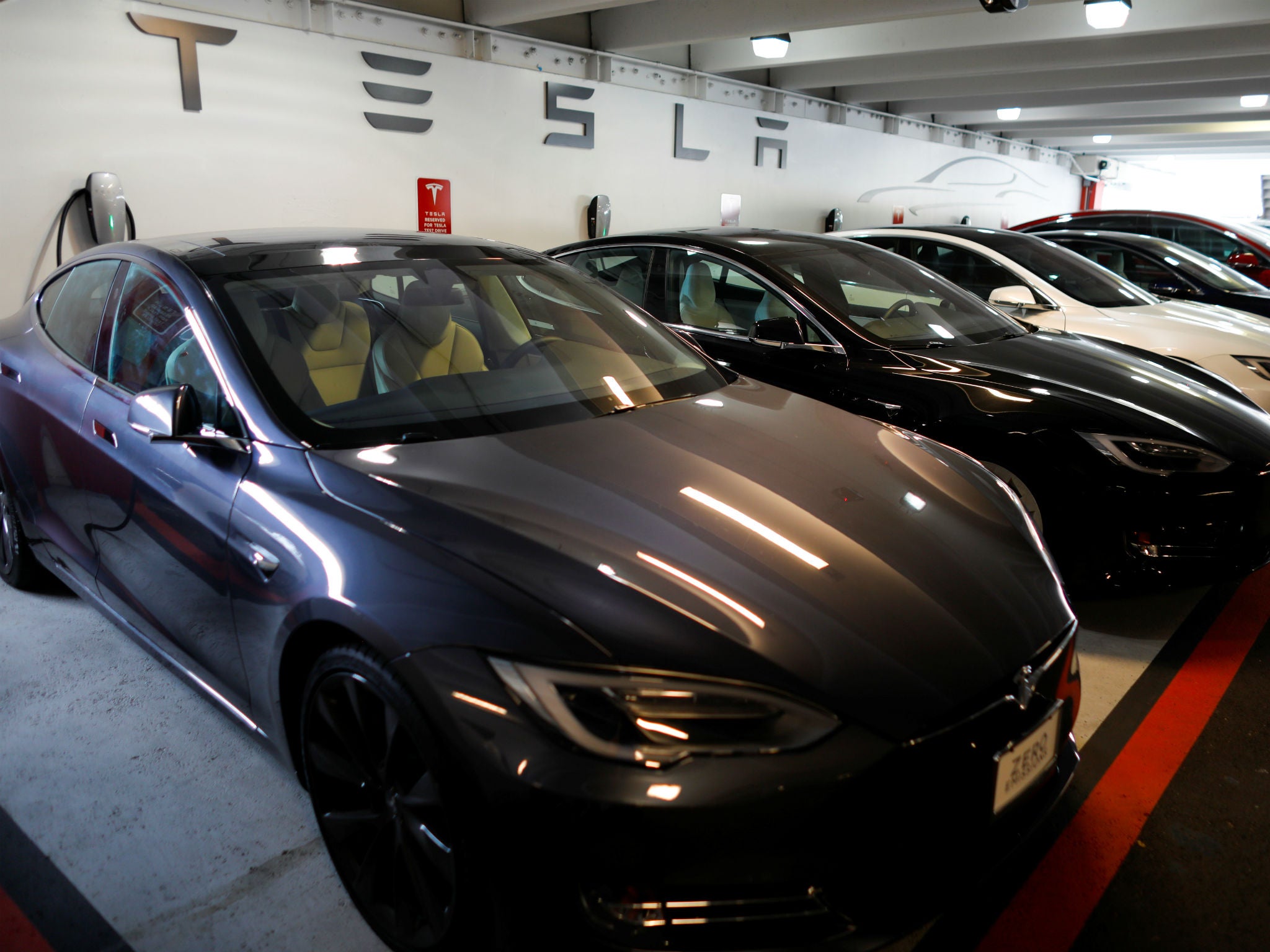Tesla, Amazon and Uber will not dominate the market forever – so why are our economies so reliant on them?
Can the leadership of Tesla last? Rationally the answer is no, and if that is right then the market value on Tesla, $54bn, is too high


Independence Day is always a good time to reflect on the position of the United States in the world, and I have been much struck by the way, right now, the country dominates technological advances as never before.
It is not just the Apple/Microsoft pair, or the Facebook/Google dominance of social media, or the Amazon/Airbnb/Uber transformation of (you could say attack on) the old-style businesses of retailing, accommodation and taxis. It is the way Netflix has now become the largest generator of content on the planet, or Tesla is leading the shift away from the internal combustion engine. There will be other businesses that are ripe for reform – healthcare, education, legal services – and I think I know where disruption will come from there.
But there is a huge question overhanging all this, which is whether the hype is overdone. During the first half of this year US share prices overall have been more or less flat. But those of high-tech firms have continued to climb, so the collective wisdom of investors maintains that the boom of high-tech America has some way to run. Is this right?
The most intriguing case here surely is Tesla. Elon Musk’s extraordinary company has just managed to meet its target of making 5,000 Model 3 cars a week, with the last cars rolling off the line on Sunday morning. The boost was by dint of converting a car park with a great big tent over it to a production line. Not sure, were I buying a Model 3, that I would want one that had been assembled in the tent, given the quality control issues that inevitably arise when a new production line comes on stream – but a lot of customers have waited a long time so the pressure is understandable.
By all accounts it is an extraordinary achievement, basically using war-time type improvisation to crank out more vehicles. But to put it in perspective, the established manufacturers such as Ford or General Motors produce 5,000 cars in a few hours. Tesla is disruptive and has utterly changed the entire industry. In another decade the majority of cars being sold in the developed world will probably be pure electric, thanks to one person’s initiative and drive. But it is not that difficult to make an electric car, much easier actually than to make one with a petrol engine.
Can the leadership of Tesla last? Rationally the answer is no, and if that is right then the market value on Tesla, $54bn, is too high. (For reference, the GM market cap is $55bn at the moment, while that of Ford is $43bn.) Already Jaguar has brought in a comparable pure electric car – interesting that it should be a niche manufacturer, not a mainstream one to do so – and others will follow.
Now extend the argument to the other disruptors. Is Uber’s place as the principal challenger to old-style minicabs and taxis secure? It can’t be. Already there are competent competitors such as Lyft, and there are copy-cats in China. Airbnb? Not a difficult market to get into and one that will inevitably fragment. Amazon? Ah, there’s a big one. A lot of vendors would very much like alternatives to Amazon if they could find other comparable outlets. What Amazon does for customers is remarkable, but this is not a company that is easy to love. There should be room for half-a-dozen global delivery groups, not one pre-eminent one.
If this line of argument is right and there is some fragmentation of what at the moment are near-monopolies, then there will be a down-rating of their share values. Remember how great corporate giants tumble. GE is a great US example of the textbook top dog that now looks a bit of a tousled mongrel. Marks & Spencer was the exemplary dominant UK retailer and now it is struggling to regain pace.
High-tech America has changed the world. It will continue to change the way we organise our daily lives. There will be new disrupters coming through in the next few years, though we cannot see quite who these will be. But there will be a big rethink of how we should value disruption, both in financial terms but also in social terms. That rethink has hardly begun.

Join our commenting forum
Join thought-provoking conversations, follow other Independent readers and see their replies